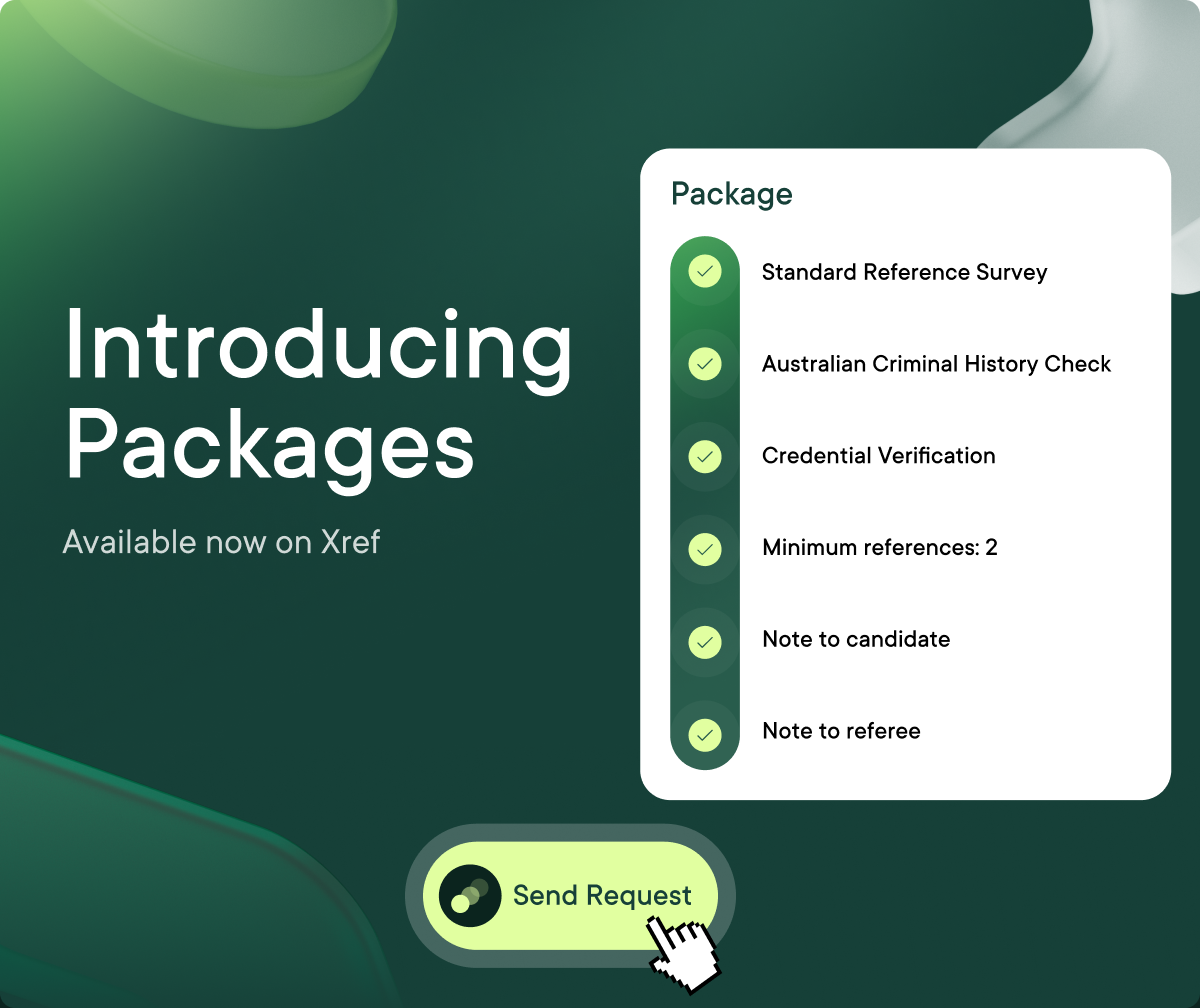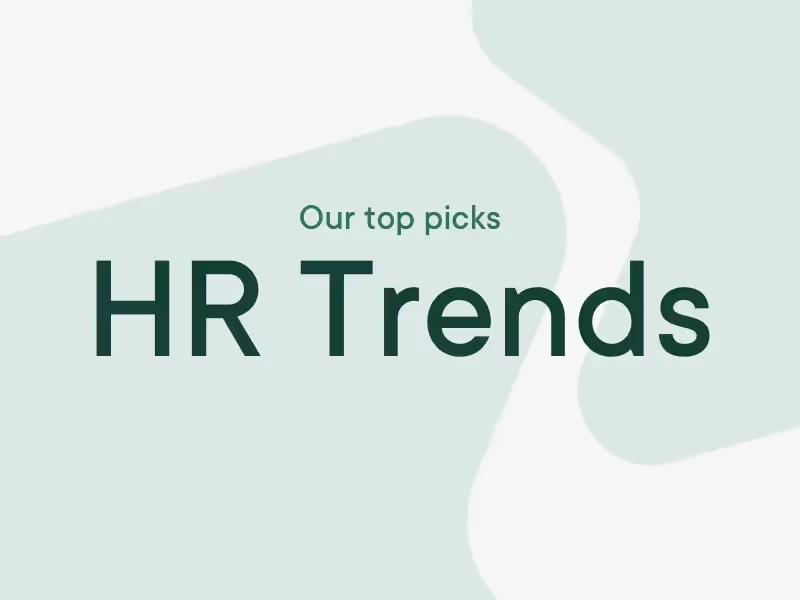


Give your people a voice with a tailored Xref Engage survey.
Increase retention and reduce turnover with quick employee feedback from an Xref Pulse Survey.
In the constantly changing HR world, it's essential for people managers to stay current with trending topics to attract and nurture top talent as the workplace evolves.
Factors like leveraging AI and authentic employee recognition are shaping this field. We write a monthly blog on trending HR issues.
You can find in our blog our selection of curated monthly HR Trending Topics, with well-researched themes that have been discussed by authorities on the subject. In this article, we'll delve into our favourite HR trends from the past three months.
During the past 3 months, we observed an increase in the topic of Artificial intelligence (AI), which has started to change the way human resource (HR) management works. AI combines data analysis, machine learning, and automation to make HR tasks more efficient. Using HR tech organisations save time and leads to better results.
As AI technology advances, it's not just about automating tasks; it's also about improving the HR experience for employees and job seekers. AI provides quick information, valuable insights, and helpful suggestions.
In HR, AI can have multiple uses and there are many areas where it can contribute to facilitating the talent journey process. HR tech takes a data-driven approach to things like hiring, employee development, and keeping people in their jobs.
The goal is to reduce bias and make the experience better for job seekers and employees.
In our article published in the month of October this year, we provided more details on using generative AI to manage performance reviews. If you want to see how HR departments are using AI, take a look at how they’re putting it into practice.
In recent years, stress and anxiety levels have surged, largely due to the workplace repercussions of the ongoing COVID-19 pandemic. The responsibility for workplace wellness and wellbeing cannot rely on a single individual or department within an organisation.
While People and Culture teams play a significant role in wellness initiatives, the mere act of a manager acknowledging an employee's mental health concerns can have a positive impact on their wellbeing.
Managers and HR teams should collaborate to address mental health concerns. At the same time, organisations can implement various initiatives like development plans, mental health programs, and flexible work arrangements to promote overall wellness in the workplace.
World Mental Health Day was a trending topic during the month of October, when we discussed how to create psychologically safer workplaces.
Human Resource Management (HRM) offers a range of tips for managing stress and anxiety. Strategies to enhance well-being include implementing development plans, and mental health programs, and embracing hybrid work arrangements to promote employee wellness.
Keeping employees on board is a big concern for HR leaders, and right now, stay interviews are getting a lot of attention. The main goal of a stay interview is to stop employees from leaving and to make the workplace more supportive.
Stay interviews are one-on-one meetings between an employee and their manager. The aim is to understand the employee's experiences, find ways to make things better and learn what makes them want to stay.
When done regularly, stay interviews help improve the work environment and keep valuable employees from leaving. Stay interviews assist managers to understand the things that matter at work for their employees and of course, this exercise is more relevant for employees who offer high value to the organisation.
We shared a blog on the importance of stay interviews in September, and how they help companies retain their top talent. Experts from Innova agree that it's crucial to listen to what employees say in these interviews and take action to build trust and show that you care about them.
Stay interviews are another form of customer engagement surveys. In the end, HR leaders can use stay interviews as a tool to collect data that helps keep employees engaged and make the workplace better, so they don't leave. This task complements regular engagement survey activities as well as onboarding and offboarding surveys.
Experts have been talking about how important it is to take breaks for a healthy work-life balance and employee wellbeing.
During the month of September, we observed a big focus on a new trend of "microbreaks." These are really short breaks, about 10 minutes long, that employees can have during the workday.
Believe it or not, these tiny breaks can be super helpful. They give your brain a chance to relax, and that can boost your creativity.
Taking a little step back from the busy day and spending some minutes in a relaxing activity is beneficial for the wellbeing of individual and teams.
Yahoo has an article about microbreaks that talks about a study from South Korea. They followed office workers for 10 workdays and found that these little breaks can give you more energy and help you recover mentally from work.
So, taking short breaks during the day can actually make you more productive and feel better.
Employees want and need to feel appreciated for their work and who they are.
Recognising employees has been shown to make them more engaged, happier, and feel like they belong at work. Recognition is important because it helps companies keep their employees and save money.
To make recognition work, it has to be real and authentic. When employees know the recognition is genuine and makes them trust the workplace more. Authenticity is a simple and free way to build trust and fairness in your organisation every day.
Employees perceive recognition to be authentic when it feels honest, meaningful and specific. Gallup has listed five ways organisations can recognise the work employees do well, helping them become more productive.
